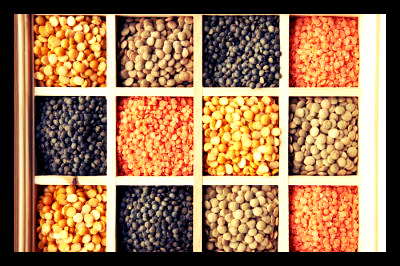The National Food Security Act in India

Food has become a right, rather than a luxury, in India. Parliament approved the National Food Security Act (NFSA) in September 2013, requiring the government subsidize food for nearly 800 million people. Success of this program will lead to greater food security for nearly 70% of the Indian population and a political advantage to the ruling Congress Party.
Yet critics fear the program asks too much from an economy “burdened by a weakened currency and a large fiscal deficit.” This monumental step toward food security “relies on an unwieldy network of farmers, buyers, storage facilities, and sellers.” NFSA requires this network to supply an estimated 60 million tons of subsidized grains a year. Individuals receive an average of five kilograms per month. Those occupying the lowest income bracket receive more as well as assistance from state-run programs.
Supporters of NFSA highlight the past success in government food subsidies. In the 2011, more than 500 million Indians benefited from government programs. Delivering 51.3 million tons to those in need, the government provided 10 times more than the World Food Programme.
Those in opposition cite the 2005 incidents of “theft, corruption and difficulties identifying the needy.” In this fiscal year, the government estimates a 60% loss in grain, yet researchers returned to analyze recent government efforts, reporting gradual improvement in food delivery.
This program began at the start of the 2013 fiscal year and will cost the government an estimated $20 billion annually.
Supporters contend this modest increase from past years fulfills the “moral obligation of the government” to protect its people. Sonia Gandhi currently serves as the leader of the Congress Party and stands in staunch support of the program.
More than 100 million children attending school currently receive midday meals and a “take-home ration,” according to the New York Times. NFSA strengthens these entitlement programs, expanding access and improving efficiency. A number of studies support these school-based food programs, pointing to increased attendance and healthier development. The program also proposes revitalized efforts to protect maternal health, allocating 1,000 rupees, or $16.43 per month, for six months.
Maternal health during and following pregnancy directly affects the health and development of infants.
The success of NFSA depends on the strict government supervision and reform. Gandhi understands this and regards access to food as a fundamental right.
“The question is not whether we can do it or not,” she asserts. “We have to do it.”
– Ellery Spahr
Sources: TIME, New York Times
Photo: Commodity Online
